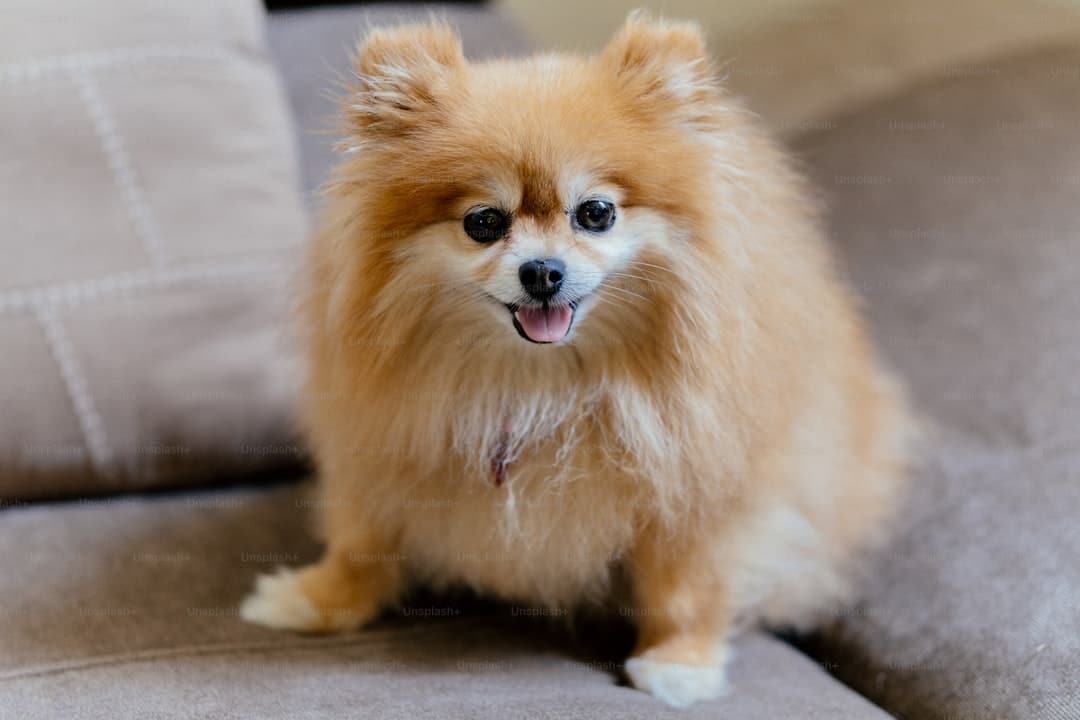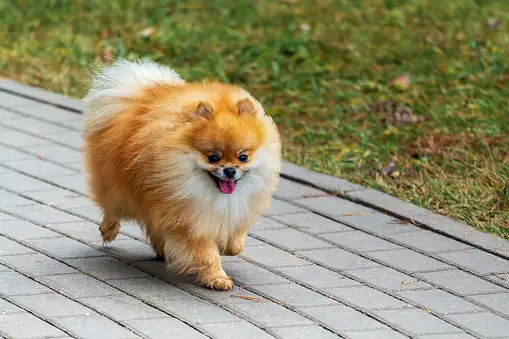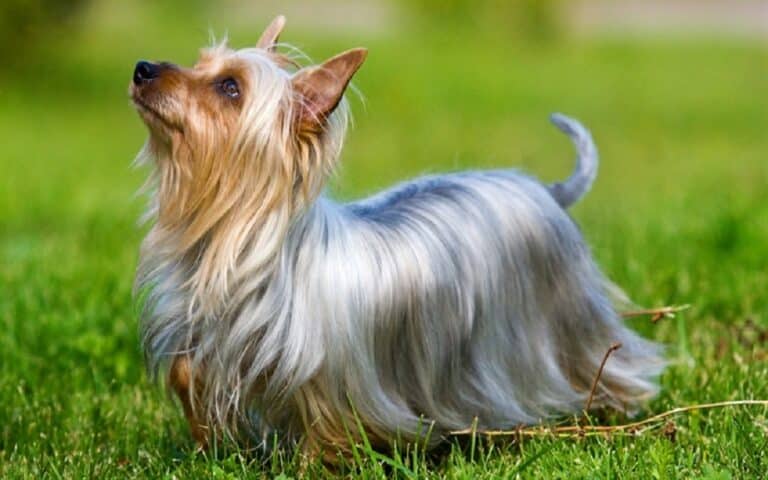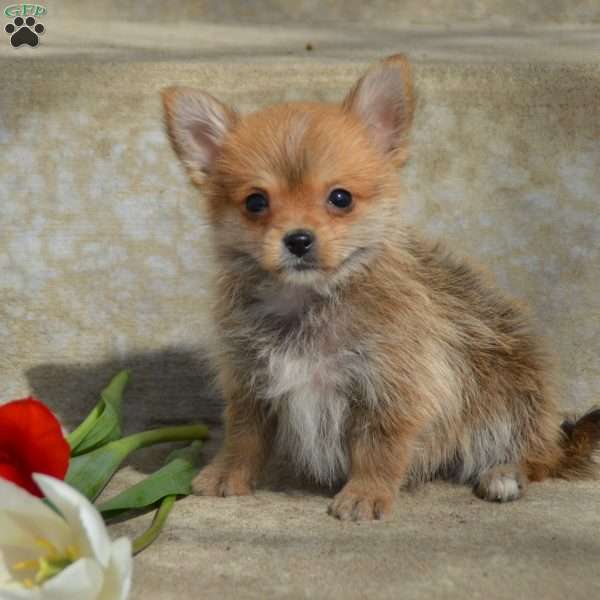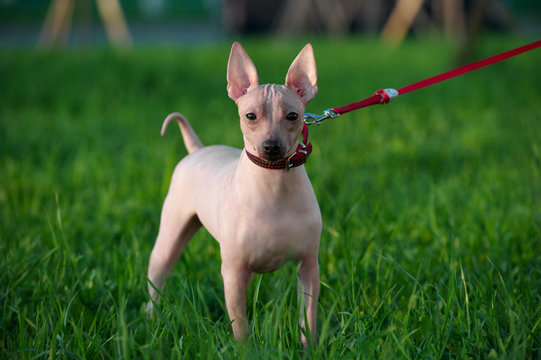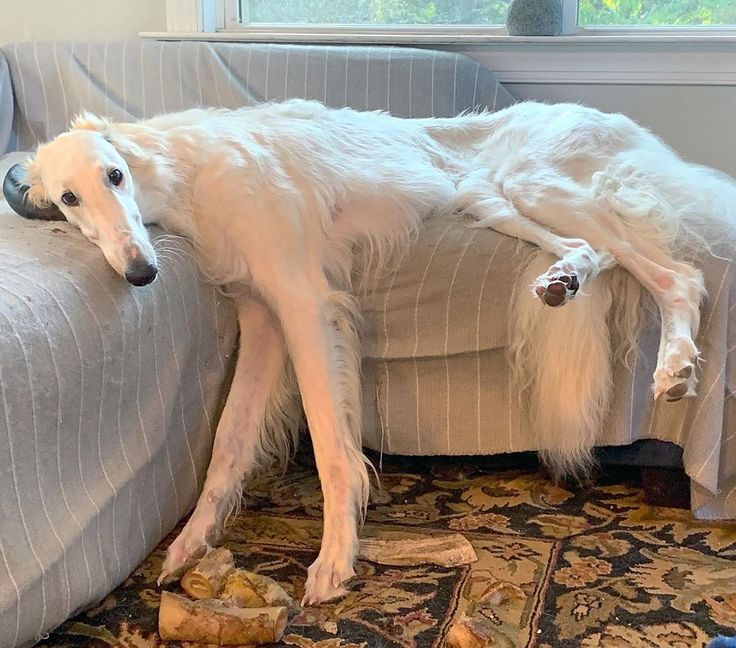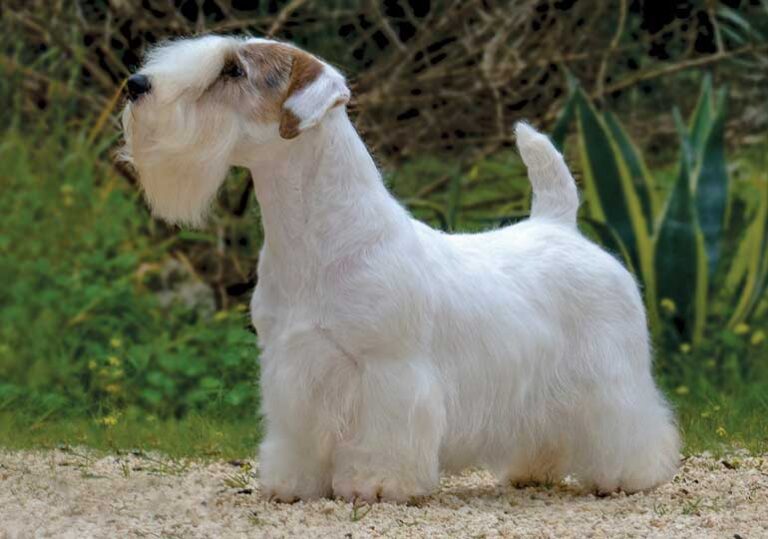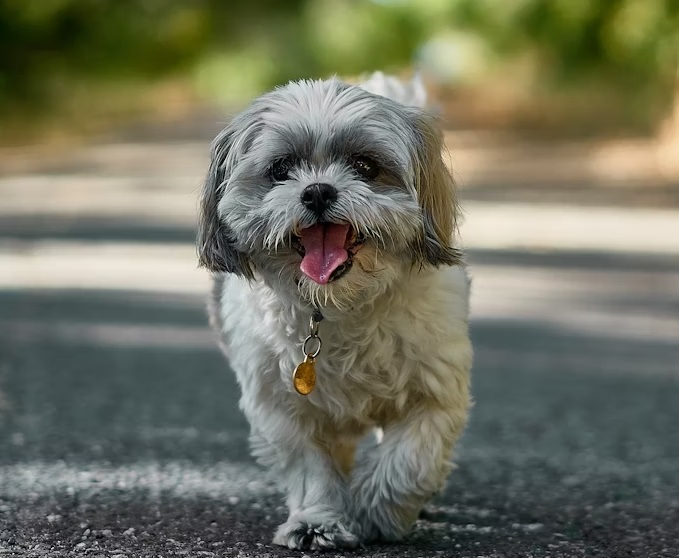The Pomeranian Toy Dog is a tiny, charming breed famous for its fluffy coat and spirited personality. Originating from the Pomerania region in Europe, these small dogs have captured hearts globally. Known for their intelligence, playfulness, and loyalty, Pomeranian Toy Dogs make wonderful companions for both families and individuals. Their petite size and endearing nature make them an ideal pet for those looking for a lively and affectionate friend.
Pomeranian Dog Breed Overview
History and Origin
The Pomeranian, often referred to as a Pom, is a small breed of dog that originated in the Pomerania region, which is now part of Poland and Germany. The breed’s ancestors were large sled-pulling dogs used in the Arctic regions. Over time, these dogs were selectively bred to become smaller and more suitable as companion animals. Queen Victoria played a significant role in popularizing the breed when she adopted a small Pomeranian named Marco during a visit to Italy in 1888. Since then, Pomeranians have gained immense popularity as both lap dogs and show dogs.
Physical Characteristics
Pomeranians are known for their adorable appearance and distinctive physical characteristics. They have a small, compact body with a fluffy double coat that comes in a variety of colors, including orange, black, white, cream, and more. Their coat is dense and requires regular grooming to keep it healthy and free from mats. Pomeranians have a fox-like face with bright, almond-shaped eyes and a confident expression. They have erect ears that enhance their alertness and a curly, plumed tail that rests flat on their back.
Despite their small size, Pomeranians have a sturdy build and are well-balanced. On average, they stand about 7 to 12 inches tall at the shoulder and weigh between 3 to 7 pounds. Their small stature makes them ideal for apartment living, as they don’t require much space to roam around.
Temperament and Personality
Pomeranians are known for their lively and outgoing personalities. They are intelligent, curious, and always eager to explore their surroundings. Despite their small size, Pomeranians have a bold and confident nature, often displaying a fearless attitude towards larger dogs. They are highly alert and make excellent watchdogs, alerting their owners to any potential threats or strangers approaching.
While Pomeranians can be independent at times, they are also affectionate and thrive on human companionship. They enjoy being the center of attention and love to be pampered by their owners. Pomeranians are known to be good family pets, as they get along well with children and other animals when properly socialized from a young age.
It’s important to note that Pomeranians can be prone to excessive barking if not trained properly. Early socialization and consistent training are essential to prevent behavioral issues and ensure a well-rounded companion.
Pomeranians are not only adorable and fluffy but also possess a lively and endearing personality. Their history, physical characteristics, and temperament make them an excellent choice for individuals looking for a small and spirited toy dog.
Care and Grooming
Feeding
Proper nutrition is essential for maintaining the health and well-being of your Pomeranian. As a toy breed, Pomeranians have small stomachs and high energy levels, so it’s important to feed them a balanced and nutritious diet in appropriate portions. Choose a high-quality dog food that is specifically formulated for small breeds. Look for options that include real meat as the first ingredient and avoid foods that contain artificial additives or fillers. It’s also beneficial to consult with a veterinarian to determine the right feeding schedule and portion sizes for your Pomeranian.
Exercise
Despite their small size, Pomeranians are quite active and require regular exercise to stay happy and healthy. Aim for at least 30 minutes to an hour of exercise per day, which can be divided into shorter sessions throughout the day. Pomeranians enjoy walks, playtime in a securely fenced yard, or interactive games that stimulate their minds. Be cautious not to overexert them, especially in hot weather, as they are prone to heat exhaustion. Regular exercise not only helps to maintain their weight and muscle tone but also provides mental stimulation and prevents behavioral issues.
Grooming Needs
Pomeranians have a long and fluffy double coat that requires regular grooming to keep it looking its best. Brush your Pomeranian’s coat at least a few times a week to prevent matting and remove loose hairs. Using a slicker brush or a comb with fine teeth will help to detangle and remove any debris. Additionally, Pomeranians tend to shed heavily twice a year, during which more frequent brushing is necessary to manage the shedding. Regular nail trims, dental care, and ear cleaning are also important aspects of grooming your Pomeranian. If you are unsure about how to properly groom your Pomeranian, consider seeking guidance from a professional groomer or veterinarian.
Training and Socialization
Basic Training Commands
Training a Pomeranian is essential to ensure they are well-behaved and obedient. Here are some basic training commands that you can teach your Pomeranian:
- Sit: Teach your Pomeranian to sit by holding a treat close to their nose and moving it upward. As their head follows the treat, their bottom will naturally lower. Once they are in a sitting position, say “sit” and reward them with the treat.
- Stay: Start by commanding your Pomeranian to sit. Then, with your palm facing towards them, say “stay” and take a step back. If they remain in the sitting position, reward them with praise and a treat. Gradually increase the distance and duration of the “stay” command.
- Come: This command is crucial for your Pomeranian’s safety. Start by getting down to their level and enthusiastically saying “come” while gently patting your knees. When they approach you, reward them with treats and positive reinforcement.
Socializing with Other Dogs
Pomeranians, despite their small size, can be social and enjoy interacting with other dogs. Here are some tips for socializing your Pomeranian with other dogs:
- Start Early: Begin socializing your Pomeranian from a young age. Expose them to different environments, people, and dogs to help them become comfortable and confident in various situations.
- Positive Experiences: Create positive experiences when introducing your Pomeranian to other dogs. Use treats and praise to reward good behavior and calmness during interactions. This will help your Pomeranian associate positive experiences with socializing.
- Supervised Interactions: Initially, introduce your Pomeranian to other dogs in controlled environments, such as a dog park or a friend’s backyard. Keep the interactions short and supervised to ensure the safety of both dogs. Gradually increase the duration and complexity of the interactions as your Pomeranian becomes more comfortable.
Behavioral Issues
Pomeranians, like any other dog breed, can exhibit behavioral issues if not properly trained and socialized. Here are some common behavioral issues and how to address them:
- Excessive Barking: Pomeranians are known for their vocal nature, but excessive barking can be a problem. Teach your Pomeranian the “quiet” command by saying it firmly when they bark unnecessarily. Reward them when they stop barking and remain calm.
- Separation Anxiety: Pomeranians can develop separation anxiety if not gradually trained to be alone. Start by leaving them alone for short periods and gradually increase the duration. Provide them with toys and a safe space to keep them occupied and alleviate anxiety.
- Aggression: If your Pomeranian displays aggressive behavior towards other dogs or people, seek professional help from a dog trainer or behaviorist. They can assess the situation and provide tailored training techniques to address the aggression.
Remember, consistent training, positive reinforcement, and early socialization are key to raising a well-behaved and sociable Pomeranian.
Health and Common Issues
Common Health Problems
Pomeranians are generally a healthy breed, but like all dogs, they are prone to certain health issues. Being aware of these common health problems can help you take preventive measures and ensure your Pomeranian’s well-being.
- Dental Problems: Pomeranians are susceptible to dental issues such as tooth decay, gum disease, and tooth loss. Regular dental care, including brushing their teeth and providing appropriate chew toys, can help prevent these problems.
- Luxating Patella: This is a condition where the kneecap dislocates or moves out of its normal position. Pomeranians may experience lameness or difficulty while walking. To prevent this, avoid strenuous exercise and maintain a healthy weight for your Pomeranian.
- Hypothyroidism: Pomeranians can develop an underactive thyroid gland, leading to weight gain, hair loss, and lethargy. Regular thyroid function tests can help detect and manage this condition, ensuring your Pomeranian’s overall health.
- Allergies: Pomeranians may suffer from allergies, including food allergies, environmental allergies, or flea allergies. Symptoms may include itching, rashes, or gastrointestinal issues. Identifying and eliminating the allergen, whether it’s a specific food ingredient or environmental factor, is crucial for their well-being.
Preventive Measures
To keep your Pomeranian healthy and minimize the risk of common health problems, consider the following preventive measures:
- Proper Nutrition: Feed your Pomeranian a balanced diet specifically formulated for small breed dogs. Ensure that their meals contain essential nutrients, vitamins, and minerals to support their overall health.
- Regular Exercise: Engage your Pomeranian in regular exercise tailored to their size and energy levels. This helps maintain a healthy weight, strengthens muscles, and promotes overall well-being.
- Grooming: Regularly brush your Pomeranian’s fluffy coat to prevent matting and tangles. Additionally, maintain good dental hygiene by brushing their teeth regularly and scheduling professional dental cleanings when necessary.
- Environmental Safety: Create a safe environment for your Pomeranian by keeping hazardous substances, toxic plants, and small objects out of their reach. This helps prevent accidental ingestion or injuries.
Regular Vet Check-ups
Regular veterinary check-ups are essential for the overall health and well-being of your Pomeranian. During these visits, the veterinarian can:
- Perform a thorough physical examination to detect any potential health issues early on.
- Administer vaccinations and preventive treatments for parasites such as fleas and ticks.
- Conduct routine blood tests to monitor organ function and detect any underlying conditions.
- Provide guidance on nutrition, exercise, and specific care requirements for your Pomeranian.
By scheduling regular vet check-ups, you can ensure that your Pomeranian receives proper care and necessary interventions to maintain their health and happiness.
Pomeranian is a delightful breed of dog known for its fluffiness and lively personality. With their small size and adorable appearance, they make the perfect companion for both individuals and families. Whether you are looking for a playful and affectionate pet or a loyal and protective friend, the Pomeranian is sure to bring joy and happiness into your life. Consider adding this fluffy and lively toy dog to your family and experience the love and devotion that only a Pomeranian can provide.

